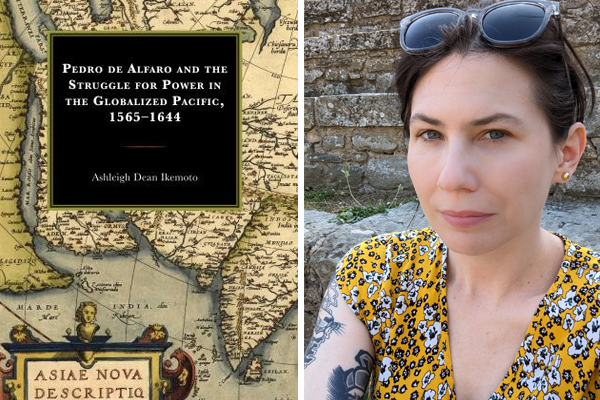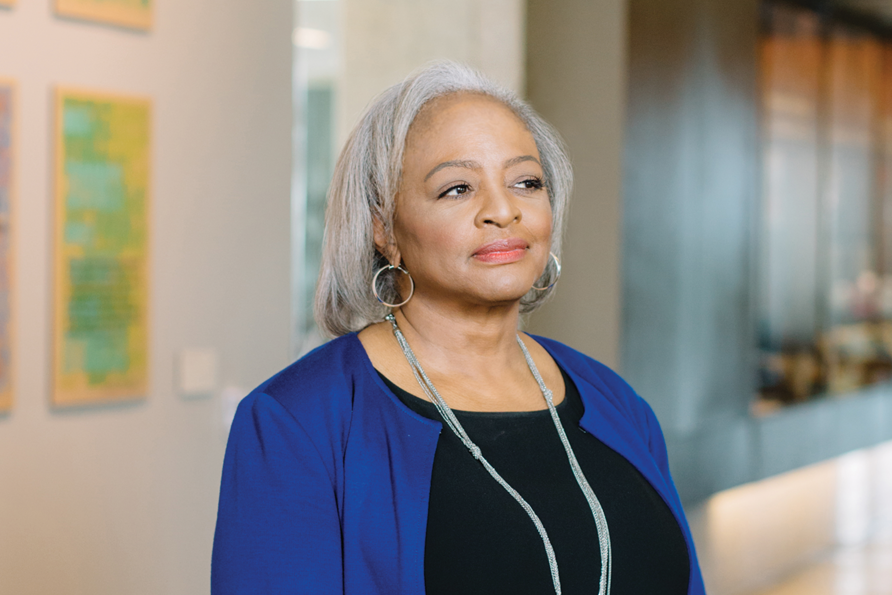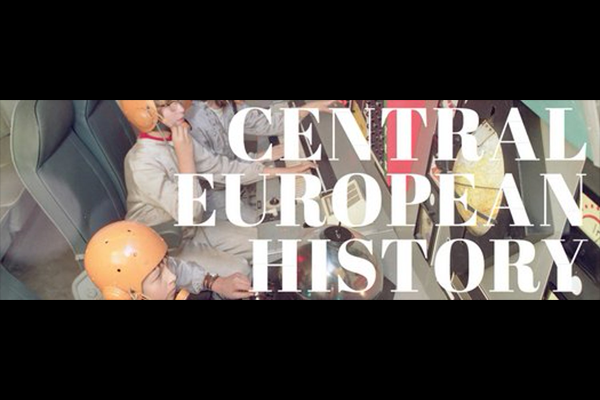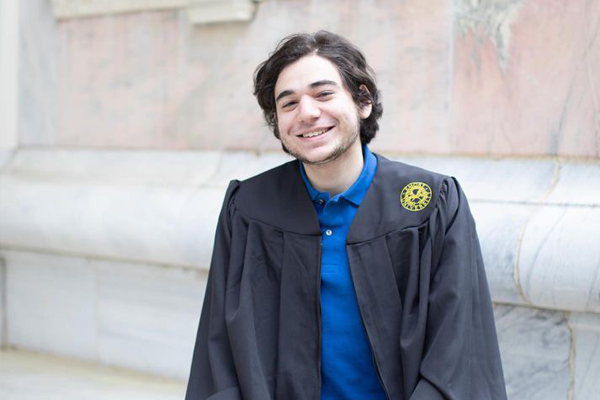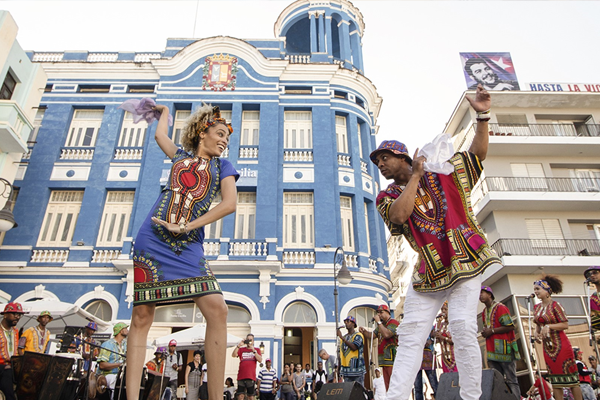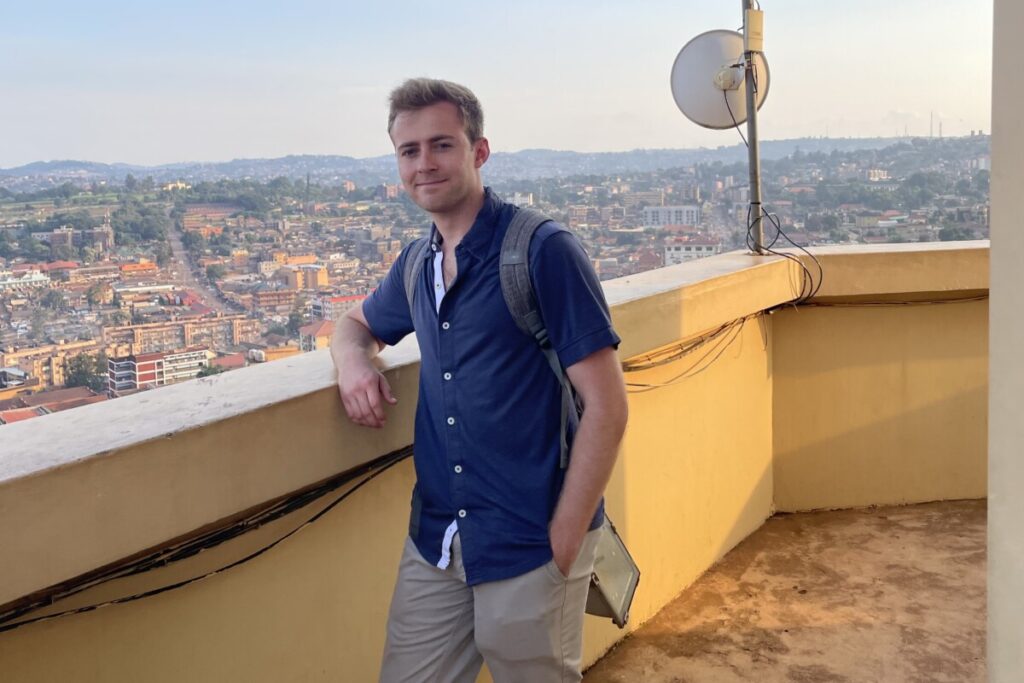
Dr. Navyug Gill, Associate Professor of History at William Paterson University and a 2014 alum of the doctoral program, has published his first monograph. Gill’s book, Labors of Division: Global Capitalism and the Emergence of the Peasant in Colonial Panjab, was published by Stanford University Press this year. The work examines the history of landholding peasants and landless laborers and their implications for a new form of capitalist hierarchy in colonial India and the globe. Gill completed his doctoral work under the supervision of Dr. Gyanendra Pandey, Arts and Sciences Distinguished Professor. Read the abstract of Labors of Division below, along with the Introduction and Table of Contents on the Stanford UP website.
One of the most durable figures in modern history, the peasant has long been a site of intense intellectual and political debate. Yet underlying much of this literature is the assumption that peasants simply existed everywhere, a general if not generic group, traced backward from modernity to antiquity. Focused on the transformation of Panjab during the nineteenth and early twentieth centuries, this book accounts for the colonial origins of global capitalism through a radical history of the concept of “the peasant,” demonstrating how seemingly fixed hierarchies were in fact produced, legitimized, and challenged within the preeminent agricultural region of South Asia. Navyug Gill uncovers how and why British officials and ascendant Panjabis disrupted existing forms of identity and occupation to generate a new agrarian order in the countryside. The notion of the hereditary caste peasant engaged in timeless cultivation thus emerged, paradoxically, as a result of a dramatic series of conceptual, juridical, and monetary divisions.
Far from archaic relics, this book ultimately reveals both the landowning peasant and landless laborer to be novel political subjects forged through the encounter between colonialism and struggles over culture and capital within Panjabi society. Questions of progress, exploitation and knowledge come to animate the vernacular operations of power. With this history, Gill brings difference and contingency to understandings of the global past in order to re-think the itinerary of comparative political economy as well as alternative possibilities for emancipatory futures.

